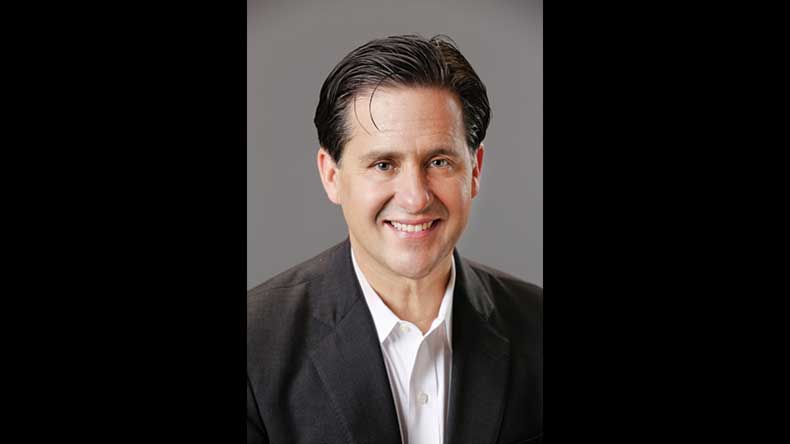Robert McNally, former top energy advisor in the White House (2001-03) and a founding president of the Rapidan Group spoke to The Sunday Guardian about his book Crude Volatility that explains how the oil market has entered into the new era of “boom-bust oil prices”. Excerpts:
Q: You say that the oil market is making an unwelcome return of “boom and bust” oil prices. What is this “boom-bust” era and how does Crude Volatility: The History and the Future of Boom-Bust Oil Prices help us understand this new period?
A: With the help of new, unpublished and granular historical price data, Crude Volatility explains that oil prices gyrated in a boom and bust manner during periods when supply and demand were unbalanced and there was no supply manager or swing producer able and willing to adjust short term production. The historical approach in my book helps to understand that OPEC lost control of prices 10 years ago, when it ran out of spare capacity amidst strong demand and weak non-OPEC supply.
Q: How does the new era of volatile prices affect oil producing nations, especially the ones who are solely dependent on oil export revenues?
A: Volatile prices increase uncertainty, making planning difficult, and create booms and busts in government and private spending that misallocate capital leading to domestic economic turmoil and in some cases contribute to political unrest.
Q: How does an oil importing country like India prepare itself to face this new “bust and boom” phase that you talk about in your book?
A: India should devise and implement macroeconomic and investment strategies predicated on the assumption that oil prices will gyrate widely over 3-5 year time frames. Indian companies should invest in storage capacity and hedge when possible. Indian policy makers should be opening up the upstream sector with better contractual terms, especially its under explored domestic acreage to private and foreign investors. India should also accelerate LNG importation plans and the search for domestic gas.
Q: You say that OPEC’s power as an oil cartel is “ebbing”, but OPEC’s entire effort (to forge an alliance with non-OPEC members) might also suggest that OPEC might be trying to remain relevant by being part of an even bigger cartel consisting of OPEC and influential non-OPEC members like Russia. How do you see this newly forged alliance and OPEC’s relevance in such a context?
A: The OPEC wishes to remain relevant and along with Russia, has been aggressively and successfully managing market sentiment for about a year. But the real question for oil prices is: Does the market have an effective supply manager able and willing to adjust production in response to imbalances? The answer for the last 10 years is “no.” The 30 November and 10 December pledges by OPEC, Russia, and some other non-OPEC producers constitute an ad-hoc, panicked response to recent oil price bust. As Crude Volatility describes, the first ad hoc cartel formed in November 1861 after the very first oil price bust in western Pennsylvania. It was called the Oil Creek Association. It, like others that followed, failed due to lack of discipline inside the organisation and new production outside. Turning to recent production pledges, it is clear that OPEC and Russia are seeking to manage sentiments instead of supply. For about one year, they have been signaling a freeze or a cut while actually increasing supply by 1.4 mb/d into a glutted market. Yet they have successfully influenced market sentiment, as they stopped the oil price bust last year. As to whether this deal will be successful, I remain skeptical.
Q: Russia has played an important role in bringing OPEC and non-OPEC members together. Is it just the mere ‘oil economics’ at work or do you see this alliance formed by other (political) interests in mind?
A: Russia is primarily motivated by a desire to avoid financial and economic turmoil that the prolonged oil price bust would inflict on its economy. This would weaken President Putin politically. But Russia’s broader ambition to play a bigger role in Middle East regional geopolitics has played a role. Russia wants to balance its pro-Iranian engagement in Syria with a more cooperative oil market. Unlike Moscow’s past commitments to OPEC to cut production that it did not respect, this time, President Putin has clearly signaled his commitment to production restraint.
Q: What role do you think would fossil fuel be playing in times to come and how does concerns about climate change be able to shape the future of fossil fuels?
A: Fossil fuels will continue to dominate the lion’s share of the global energy mix and increased growth. History suggests that the future energy mix will be driven mainly by the cost and availability of primary energy resources, which in turn depend on geology, technology, and economics. I see little evidence that climate change concerns will motivate leaders to adopt extensively intrusive and very costly taxation and rationing that would be required to dramatically reduce fossil fuel use.

